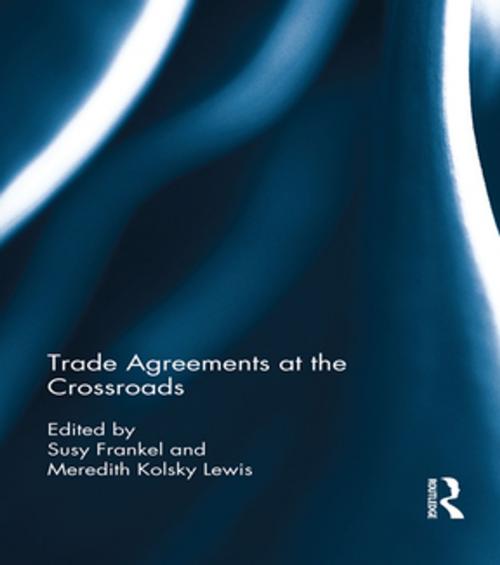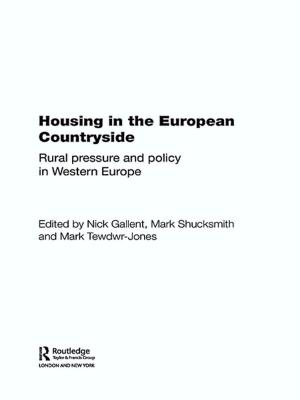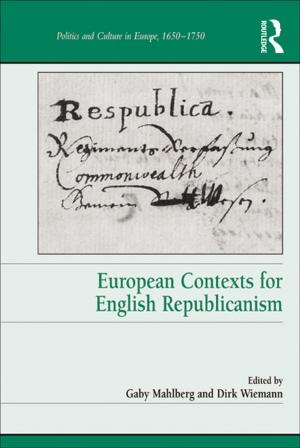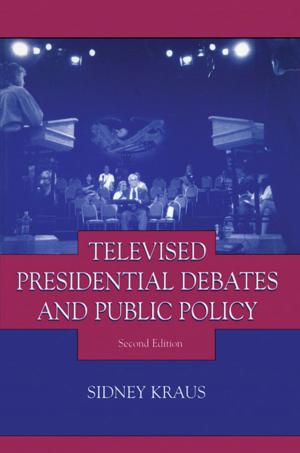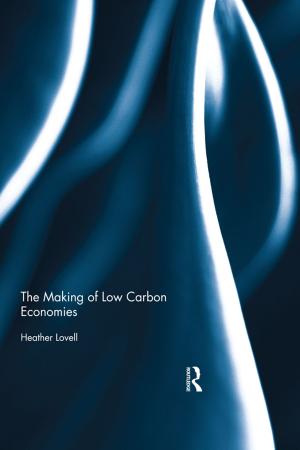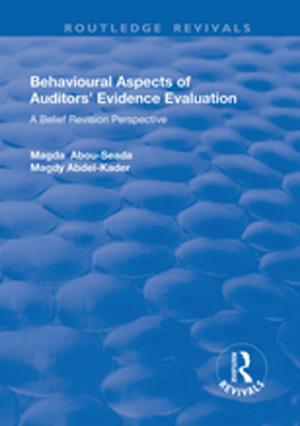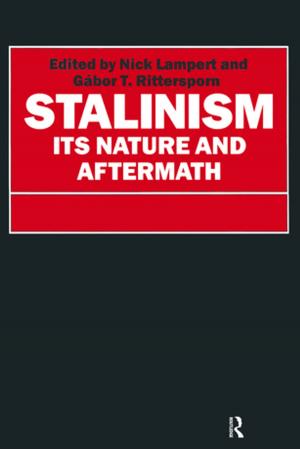| Author: | ISBN: | 9781317964544 | |
| Publisher: | Taylor and Francis | Publication: | November 20, 2013 |
| Imprint: | Routledge | Language: | English |
| Author: | |
| ISBN: | 9781317964544 |
| Publisher: | Taylor and Francis |
| Publication: | November 20, 2013 |
| Imprint: | Routledge |
| Language: | English |
The book examines trade agreements in the context of the current world economic crisis and the uncompleted World Trade Organization (WTO) Doha Round of trade negotiations. With economies shrinking and protectionism on the rise, many fear a protracted global recession. This raises important questions as to what role trade agreements – multilateral, plurilateral, and bilateral – should be playing in the current climate of uncertainty, and how best to plan for a more stable economic future. Previous assumptions are now being questioned, making this an opportune time to critically examine the WTO, free trade agreements, bilateral investment treaties, and other international economic law instruments. Furthermore, participants in international agreements are concerned with emerging issues that have the potential to strengthen or weaken the global trading system, including matters of treaty interpretation; terms of new agreements; and effects of existing provisions.
This book provides a timely addition to the international economic law literature, as its submissions have been prepared during a time of unusual uncertainty and economic change; individuals interested in international economic law will seek scholarship that recognizes the current international economic climate. This book should be of interest to a wide range of academics and student researchers, as well as policymakers and practitioners.
The book examines trade agreements in the context of the current world economic crisis and the uncompleted World Trade Organization (WTO) Doha Round of trade negotiations. With economies shrinking and protectionism on the rise, many fear a protracted global recession. This raises important questions as to what role trade agreements – multilateral, plurilateral, and bilateral – should be playing in the current climate of uncertainty, and how best to plan for a more stable economic future. Previous assumptions are now being questioned, making this an opportune time to critically examine the WTO, free trade agreements, bilateral investment treaties, and other international economic law instruments. Furthermore, participants in international agreements are concerned with emerging issues that have the potential to strengthen or weaken the global trading system, including matters of treaty interpretation; terms of new agreements; and effects of existing provisions.
This book provides a timely addition to the international economic law literature, as its submissions have been prepared during a time of unusual uncertainty and economic change; individuals interested in international economic law will seek scholarship that recognizes the current international economic climate. This book should be of interest to a wide range of academics and student researchers, as well as policymakers and practitioners.
